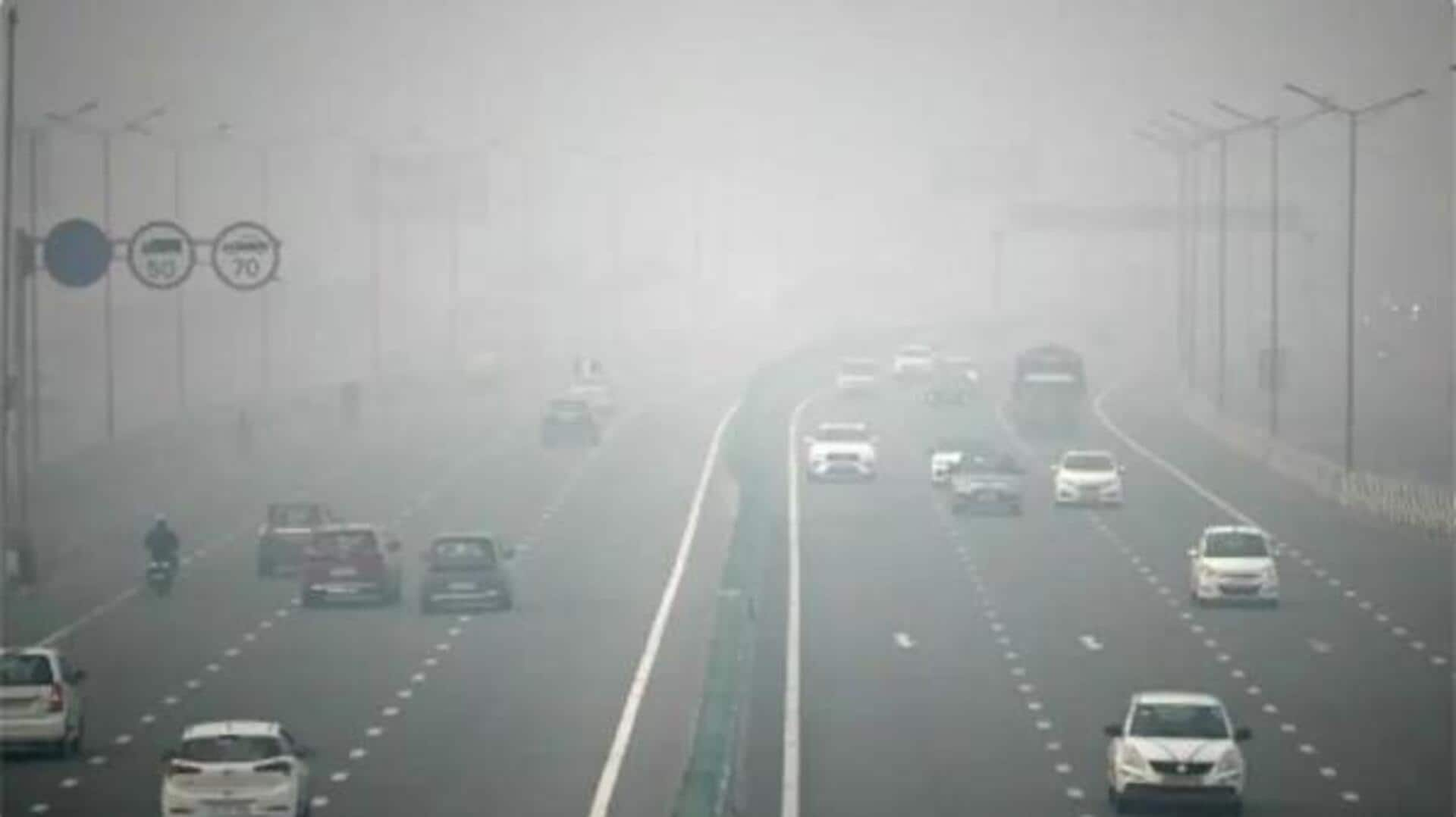
Delhiites losing 8.2yrs of lives to high air pollution: Report
What's the story
A report has revealed that Delhi residents are losing an average of 8.2 years of their life expectancy due to high PM2.5 concentrations. The report, by the Energy Policy Institute at the University of Chicago (EPIC), is based on an analysis of pollution data from 2023. It found that Delhi's annual PM2.5 concentration was a staggering 88.4 micrograms per cubic meter (ug/m3).
Pollution levels
Pollution levels in Delhi far above India's national standard
The report cited the most recent satellite-derived PM2.5 estimates in 2023 and stated that particle concentrations in India were higher than in 2022. "These levels are more than 8 times higher than...WHO guideline," said the report. It also highlighted that Delhi's pollution levels are far above India's national standard of 40ug/m3. The entire country had an average PM2.5 concentration of 41ug/m3 in 2023. This means that even the cleanest regions in India exceed the WHO guideline by a wide margin.
AQLI index
Air Quality Life Index
Globally, people are losing an average of 1.9 years of their life, according to the WHO standard. Delhi was followed by Bihar (5.4 years), Haryana (5.3 years), and Uttar Pradesh (5 years). The report also stated that if pollution levels were reduced to meet the WHO standard, it could add an average of five years to residents in the northern plains. It also noted that 46% of India's population lives in areas where particulate matter pollution exceeds national standards.
Report
50% of Delhi's pollution comes from local sources
"This means that even people living in the cleanest regions of India could live 9.4 months longer if particulate concentrations in these regions were reduced to meet the WHO guideline," the report said. Tanushree Ganguly, director of the Air Quality Life Index and co-author of the paper, stated, "Research shows that about 50% of Delhi's pollution comes from local sources and controlling these sources alone could therefore help meet national standards."